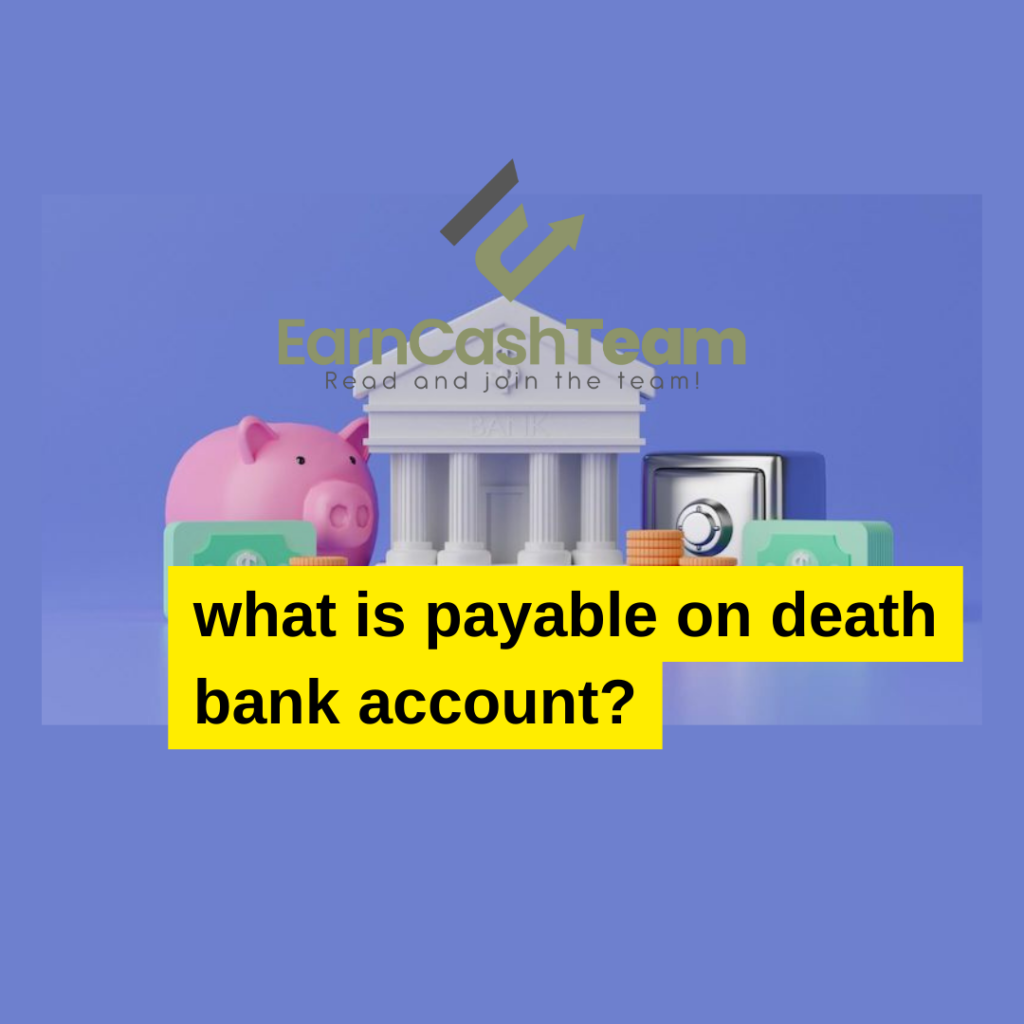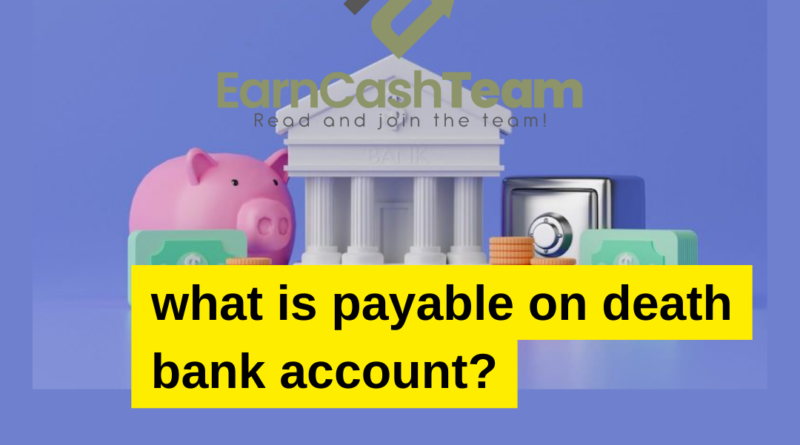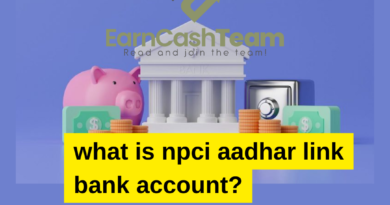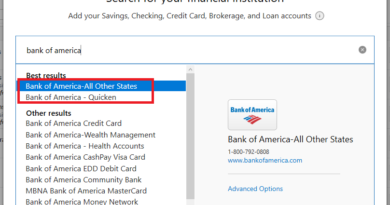What is payable on death bank POD account? EXPLAINED
Payable on Death (POD) bank accounts are legal arrangements you make with a financial institution to have them immediately transfer assets to beneficiaries upon your death. Sometimes known as POD accounts, Totten trusts or informal or tentative trusts, POD accounts can help safeguard assets from going through probate court and being subject to taxes and fees; Howard University School of Law Professor Keeva Terry recently stressed this point to her Wills Trusts Estates class students when discussing POD accounts as an integral component of an effective estate plan.

POD accounts, or Payable on Death (POD) accounts, allow account owners to designate an individual, group of individuals, company, non-profit organization, or trust as beneficiaries to receive the balance when they pass away. Beneficiaries can be designated in several ways – individuals, groups of individuals, company, non-profit organization and trusts can all qualify. Depending on personal preferences or changes made by account owner they may name multiple beneficiaries. When the time comes simply present the bank with certified copies of death certificate and proof of identity and the account can be transferred.
Setting up a POD account is generally straightforward. All it requires is asking the bank or financial institution that holds your money for one, filling out their form, and specifying who you wish to receive your funds from their account. They’ll keep this form on file.
POD accounts that go wrong can cause havoc with your estate plan and even cause family strife. For instance, if a widow sets up one child’s POD account over another’s could create tension within the family unit. Furthermore, should an account holder pass away leaving debts or unpaid taxes unsatisfied upon death then their POD assets could be used to settle these obligations from those accounts.POD accounts don’t usually take into account community property laws, so if someone living in a community property state leaves assets to their spouse through such accounts they could claim 50%. A POD account might help avoid this issue but also consider talking with an attorney who can draft legal documents that ensure your wishes will be carried out after you pass. You can also look out other information about finance with this page!




